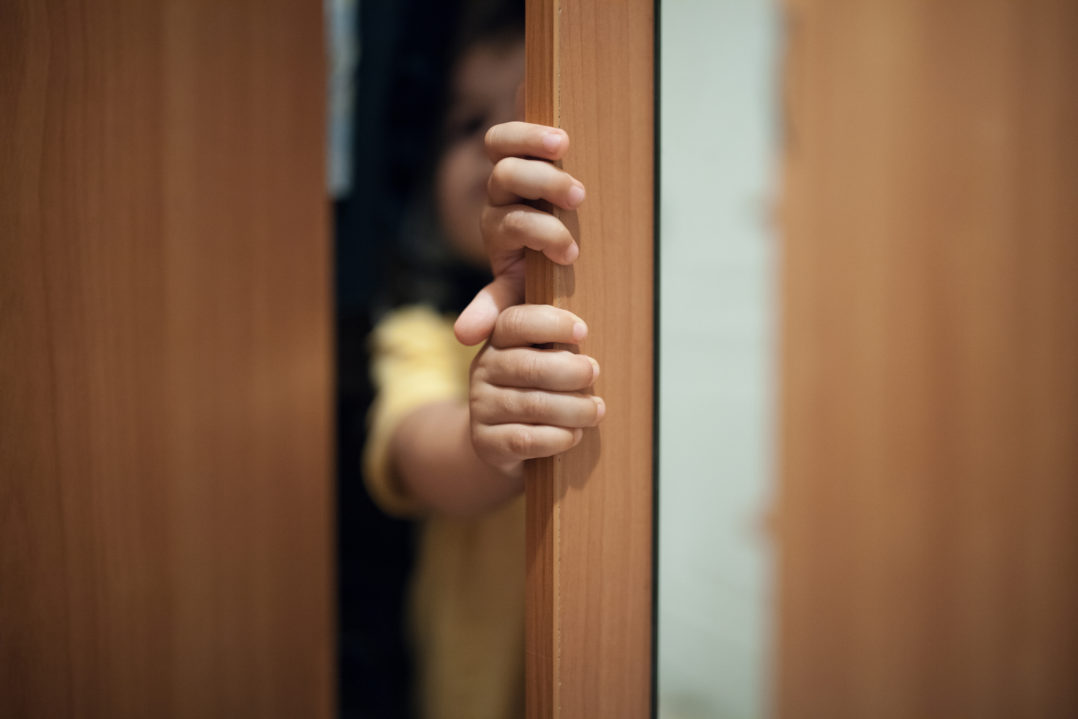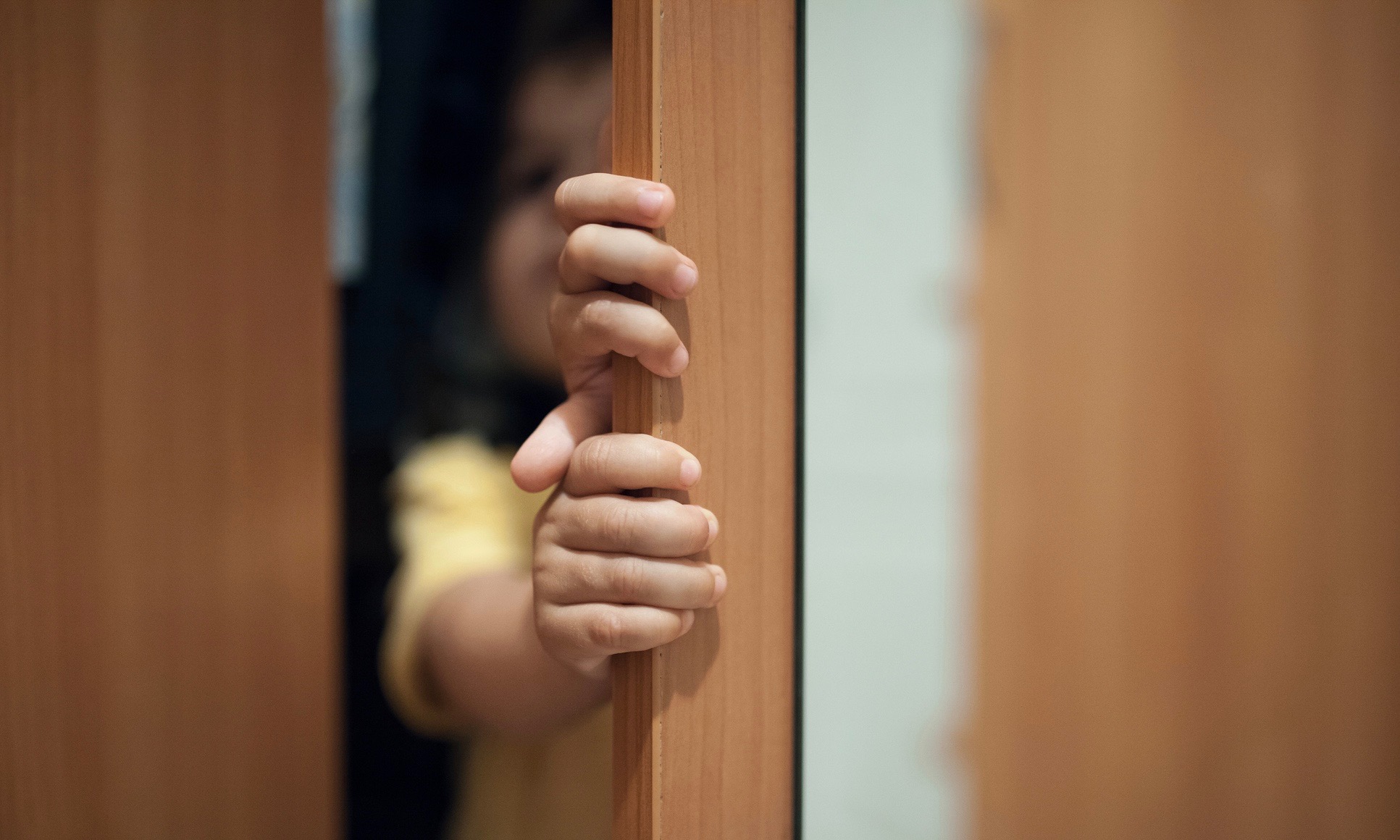Raising Children in a Climate of Fear: A UnidosUS Resource for Programs Serving Latino Children & Families
In January 2018, Robert Stechuk, Director of Early Childhood Education Programs at UnidosUS, along with Carla Mendez, then the Sensitive Location Project Coordinator for UnidosUS Affiliate El Centro de la Raza in Seattle, combined efforts to create a three-page resource for helping families of young children manage an increasingly hostile environment for Latinos.
The document, Raising Children in a Climate of Fear: A Resource for Programs Serving Latino Children & Families, was sent to UnidosUS Affiliates. But over the past year and a half since, thousands of families have been separated through deportation or by the prolonged use of detention centers for those seeking asylum. As the news grows of deaths and abuses in these centers, ICE raids, and hate crimes, ProgressReport.co believes the information provided is even more relevant.
Below is a copy of that document which can be used as a resource for educators, families, youth centers, and parent engagement programs.

This resource is intended to support program staff working with Latino families and their children across a variety of settings. The resource is based on the recognition that a climate of fearexists within the United States, that this climate produces profoundly negative impacts upon Latino children’s learning and development, and that programs and parents can enact simple, effective strategies to protect and defend their children’s development amid the current climate.
Newspaper headlines establish the strong and widespread climate of fear and uncertainty impacting Latino and immigrant communities across the United States. Some examples include:
- Fairfax Co. officials worry immigration fears have chilling effect
- “I Have Children Crying In The Classroom”
- Living in fear, Indiana’s undocumented immigrants planning for the worst
- Immigrants Hide, Fearing Capture on ‘Any Corner’
- Cinco de Mayo related celebration in Philadelphia cancelled over fear of ICE raids
- Life ‘unpredictable’ under Trump for local immigrants, attorneys say
- Many Latino Americans have faced harassment since the election, even if they were born in the United States.
The news reports describe both a general climate of fear and specific behavior changes families are making in response. For example, some families have decided to stop shopping together as a family, to prevent both parents from being apprehended at the same time. Other reports mention that families have stopped or decreased any of the following: going to parks, outdoor areas or participating in sports, taking children to school, accessing food banks, local clinics or hospitals, and even reporting crimes.
For millions of young children, the overwhelming majority of whom are U.S. citizens, the general climate of fear is toxic. Research has consistently documented that sustained, chronic stress undermines learning and development. Communities and programs serving Latino families can take intentional steps to minimize harm and to promote the positive development of young children growing up amid the climate of fear and uncertainty.
Program staff and families can consider and discuss the following ideas:
- Make time for conversations.
Conversations with adults provide children with many benefits. During conversations, children can express their feelings and emotions, explore ideas and connect pieces of information, discuss the past, and prepare for the future. In today’s climate, not all topics of conversation may be enjoyable, but discussing “what’s happening” in terms that children can understand can go a long way to promoting a calm and positive outlook.
Children may initiate conversations with the adults in their lives to learn more about what they see, hear and observe. Frequent conversations give children opportunities to ask questions about themselves and the world around them and to process the information they have been told or have overheard. Conversations also allow adults to share information that they feel is appropriate.
Some considerations for having conversations about the current climate include:
- There are times when it is not possible or practical to have a conversation. Tell your child that you cannot discuss their question or concern now, but will do so in the future.
- Give children explanations that connect to their prior experiences and level of understanding. Preschool-age children have a difficult time understanding what “deportation” or “another country” mean but they understand when someone they are familiar with is gone. Adults can converse with children in ways that support them to process and increasingly understand the information they may be seeing or hearing.
- Adults should try to bring any conversations toward a positive conclusion, to support children to feel secure and comfortable to the extent possible.
- Provide comfort.
Observing and responding to the emotional states of each family member is an important step in protecting and supporting the development of its youngest members. Children need and benefit from comfort and calming experiences — based on their interests, experiences, their age, and level of understanding. Providing experiences such as music, singing, dancing, art, books, and storytelling are important ways of calming a child and focusing their attention in positive directions.
Even very simple art experiences (drawing a picture), or other activities can help children express feelings, organize information and maintain or express hope for the future. Shared cooking experiences involving children and adults can be an additional source of comfort and calming. Likewise, taking time to tell family stories and look at family pictures is a way to build and extend connections within the family.
The point is not to try to “escape” from reality but to provide experiences that enable children to enjoy interactions that are calm and sustained with close adults, express ideas, feelings, and emotions, develop coping skills, and even acquire new knowledge and skills.
- Make time for daily exercise.
Constant stress undermines the immune system, making illness more likely. This is not the time to be getting sick! Regular, daily exercise promotes a health immune system and reduces stress naturally. Family members and young children need daily exercise now more than ever. If families have reduced or eliminated their outdoor exercise for fear of being detained, discuss and explore options for exercise at home.
- Eat regular, healthy meals.
Good nutrition boosts the immune system, provides natural energy and supports family well-being, including: strong general health and well-being, less frequent illness, improved attention, memory, and focus.
For children, healthy nutrition translates into: better health/less illness, which, in turn, translates into fewer days of school missed, and therefore better learning outcomes. Good nutrition means children are better able to meet the physical, perceptual, and attentional demands of the school environment and have more energy for learning.
- Find ways to provide predictability in children’s lives.
Predictable environments support children’s development in several ways. First, predictable routines and activities help children to feel safe and secure; they know “what’s going on.” Second, predictable routines and activities support learning. When children observe and understand what is going on around them (when things seem “familiar”) they are more easily able to focus, attend to new ideas, and learn new words.
If they don’t already keep a family calendar, programs can encourage families to begin using one. For example, the calendar can be a way to schedule time for exercise, engage in meal planning, and structure family activities, games and time for reading books. Referring to the calendar over time is a way to focus children’s attention on the positive steps that the family is taking given the current external climate.
These days, predictability in Latino children’s lives is often markedly diminished from times past, as families adapt to life in the current climate. Accordingly, community and school programs, along with nurturing parents, can all look for ways to restore elements of predictability and secure routines for our children. Intentional strategies can reduce children’s anxiety and fears, while focusing their attention upon strong relationships with family that demonstrate caring and love.
Looking for more resources? The Build Initiative has a webpage of materials on how to address immigration and trauma among young children.


